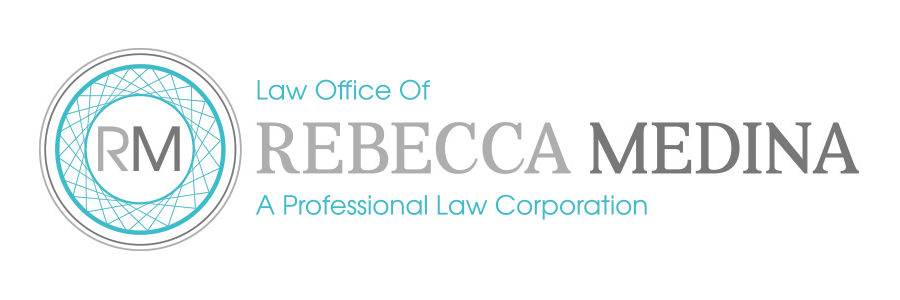The process of equitably dividing assets between divorcing spouses tends to be the most complex and time-consuming phase of divorce. In a traditionally litigated California divorce case, the court is tasked with the potentially enormous responsibility of taking a thorough inventory of all property owned by the spouses, classifying each item as community property or separate property and assessing it a monetary value, distributing jointly-owned items evenly (or splitting them when suitable), and confirming individually-owned assets to the appropriate party.
What counts as property?
The state judiciary of California defines property as any item, tangible or intangible, that can be bought or sold or that holds any sort of value. Some common examples of property include the following:
- Houses
- Vehicles
- Furniture
- Art
- Clothing
- Electronics
- Bank accounts
- Cash
- Retirement and pension plans
- Stocks
- Cash value of life insurance policies
- Businesses
- Patents or trademarks
- Debts
Indeed, debts are considered property with a negative value, and must, therefore, be factored into property division.
Classifying property
The point in time and circumstances under which an item was acquired determine how it is characterized for divorce purposes:
- Community property – Any items and/or debts acquired over the duration of the marriage, whether obtained individually by one spouse or jointly by both spouses, are generally classified as community or marital property.
- Separate property – Any items and/or debts acquired before the couple were married or after they were separated are considered separate property. Additionally, profits or assets one party accumulates from an existing separate property (such as rent collected from a previously-purchased home) remain separate property. Finally, assets one spouse acquires individually during the marriage in the form of a gift, inheritance, or bequest is separate property.
Any assets or debts characterized as community property are subject to division in a divorce, while the separate property remains with its original owner.
Transmutation of property
California law recognizes that a property owner may wish to change an asset’s classification for any number of reasons. The concept is called transmutation. Separate property may shift into community property over the course of a marriage or vice versa. Likewise, separate property may shift ownership from one spouse to the other without becoming community property.
Generally, the property can be transmuted as long as those involved agree in writing—specifically, the party whose interest in the asset would be adversely affected by transmutation. A few additional requirements must be met as well.
On the other hand, it is illegal to employ transmutation as a means of concealing an asset or omitting it from being counted as a piece of community property during divorce proceedings.
Seek support from a knowledgeable Fresno & San Diego divorce attorney when you have questions about property division.
In community property states like California, the guidance a skilled mediation attorney provides throughout all phases of your divorce is invaluable. To schedule a consultation with the Law Office of Rebecca Medina today, call 559-324-5427 or contact our attorneys online.
